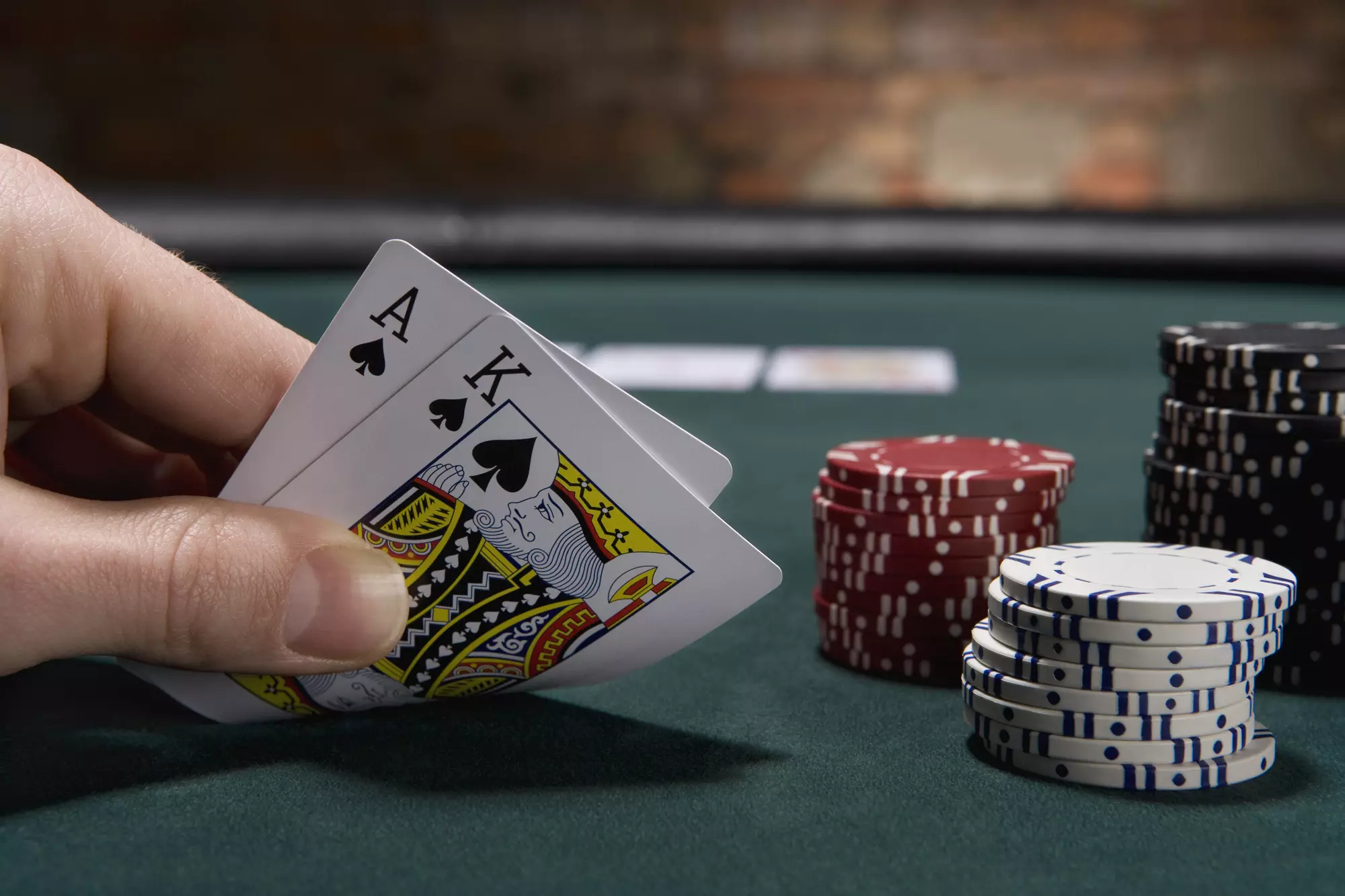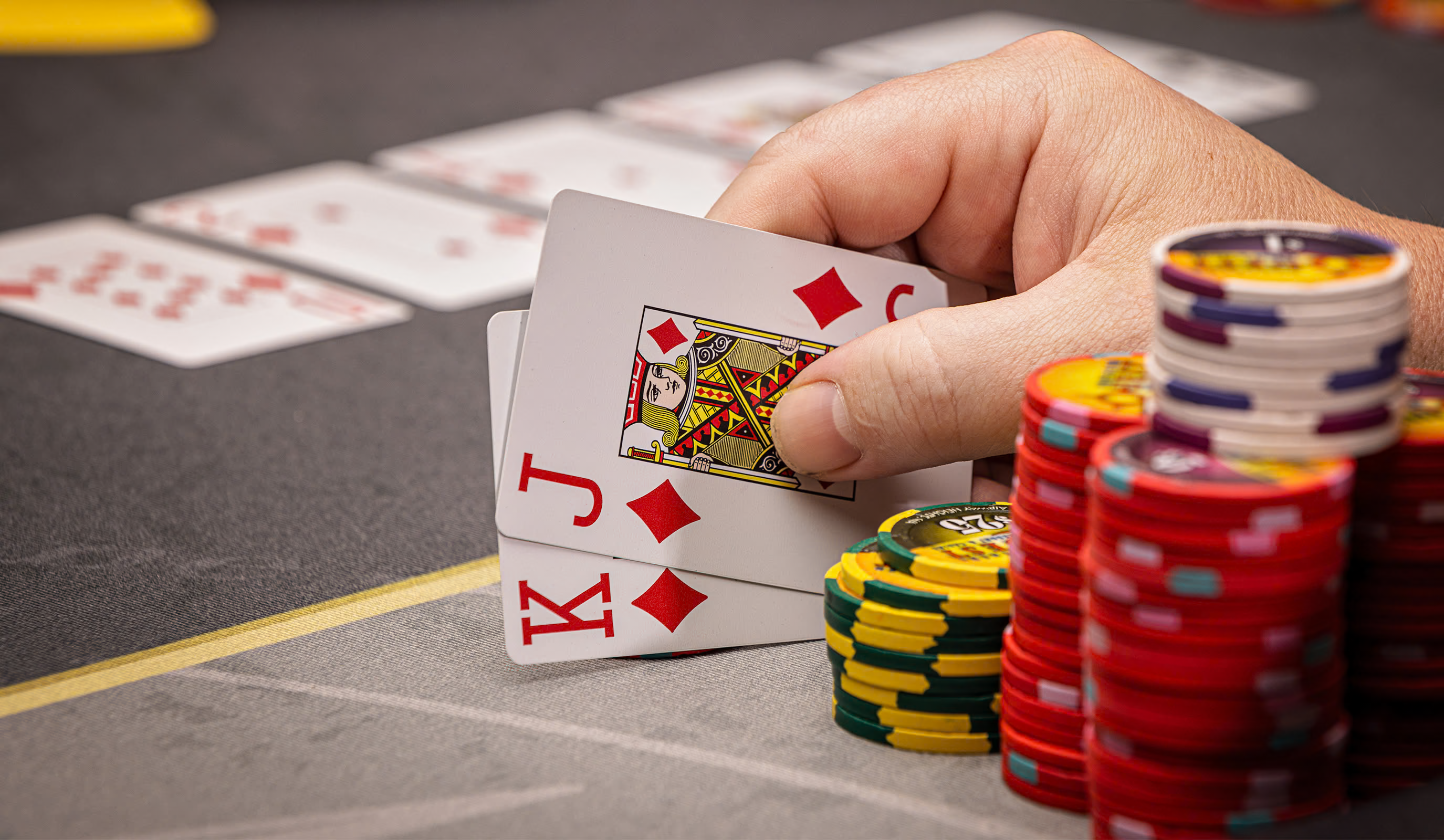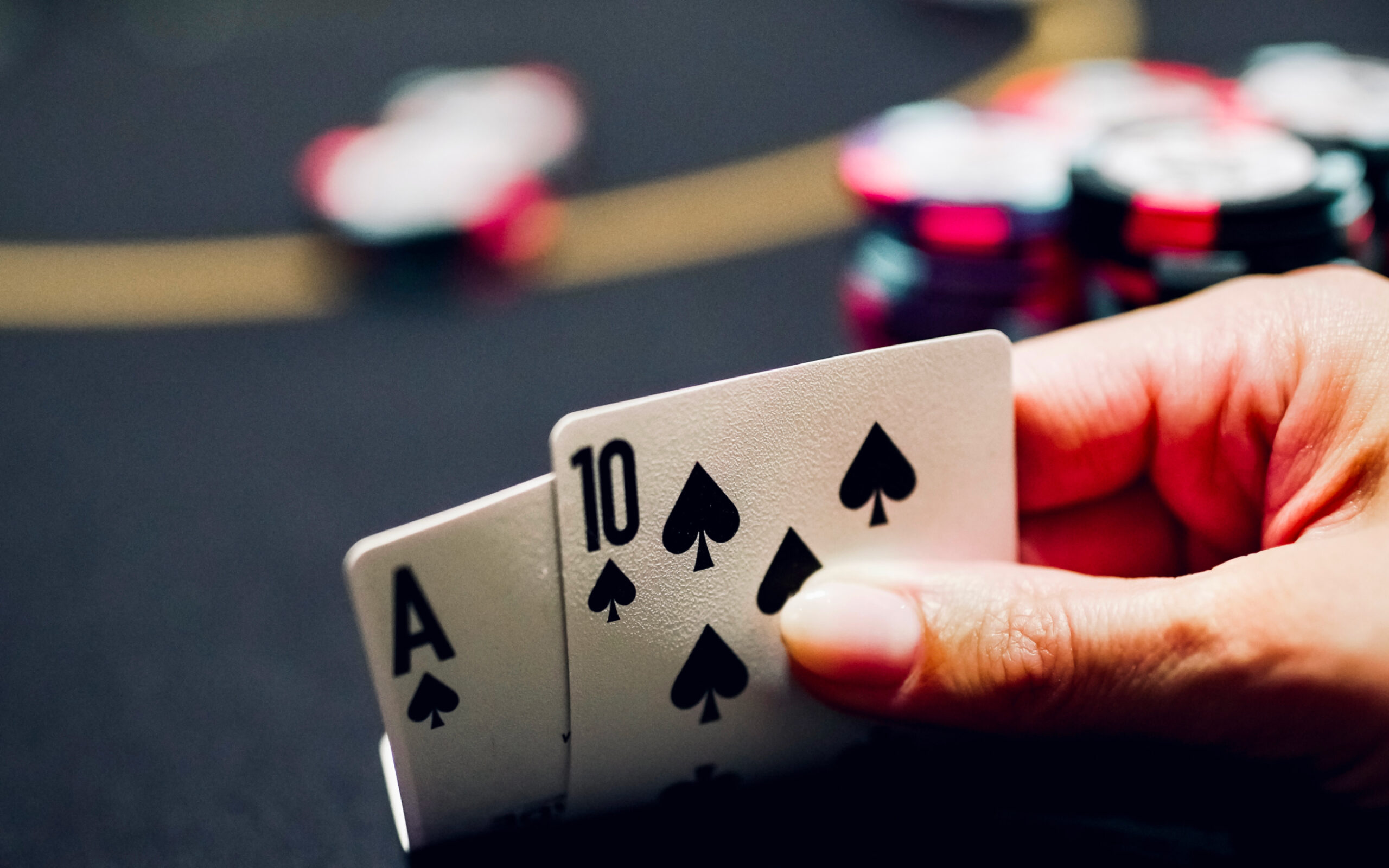How to Master Poker: Tips for Beginners
Disclaimer: We do not encourage gambling. Playing casino games can be risky and addictive. Please enjoy games responsibly or avoid them altogether.
Texas Hold'em is one of the most iconic card games, perfect for game nights with friends or casual gatherings. Its blend of strategy, psychology, and luck makes it a favorite for many. If you're new to poker, this guide will walk you through the basics and provide actionable tips to improve your game and impress your friends.

Understanding the Basics
The goal of Texas Hold'em is to create the best five-card hand using a combination of your two private cards (hole cards) and five community cards dealt on the table. The game progresses through four betting rounds: pre-flop, flop, turn, and river. Familiarize yourself with hand rankings, from high card to royal flush, to know what beats what.
Start by learning the structure of the game. Each player is dealt two cards face-down, followed by a round of betting. Then, three community cards (the flop) are revealed, followed by another betting round. A fourth card (the turn) and a fifth card (the river) are dealt, each followed by betting. The player with the best hand—or the last one standing after others fold—wins the pot.

Key Strategies for Beginners
Adopt a tight-aggressive playing style: play fewer hands but bet strongly when you have a good one. Focus on premium hands like high pairs (Aces, Kings) or suited connectors (Ace-King, Queen-Jack of the same suit). Avoid the temptation to play every hand, as this often leads to losses for beginners.
Position is critical in poker. Acting last (being 'on the button') gives you more information about opponents’ actions, allowing better decision-making. For example, you can see if others are betting aggressively or folding, which helps you decide whether to call, raise, or fold. Also, observe opponents’ tendencies—frequent raisers may be bluffing, while cautious players likely have strong hands.

Managing Your Chips
Chip management is essential for long-term success. Set a budget for your game night and stick to it. Avoid going all-in unless you’re confident in your hand or making a calculated bluff. Beginners often lose chips by overcommitting to weak hands, so be patient and wait for strong opportunities.
Bluffing is part of poker, but use it sparingly as a beginner. A good bluff requires understanding your opponents and the game situation. For example, if the community cards suggest a strong hand (like a possible flush), a well-timed bet might convince others to fold.

Practice Makes Perfect
The best way to improve is to practice in low-stakes games with friends or on free online platforms. Watch professional poker games to learn advanced techniques, such as reading physical tells or calculating pot odds. Over time, you’ll develop a sense for the game’s flow and build confidence.
Poker is as much about psychology as it is about cards. Stay calm, avoid tilting (playing emotionally after a loss), and focus on enjoying the social aspect. With these tips, you’ll be ready to shine at your next game night, creating fun and memorable moments with friends.
Back to Home